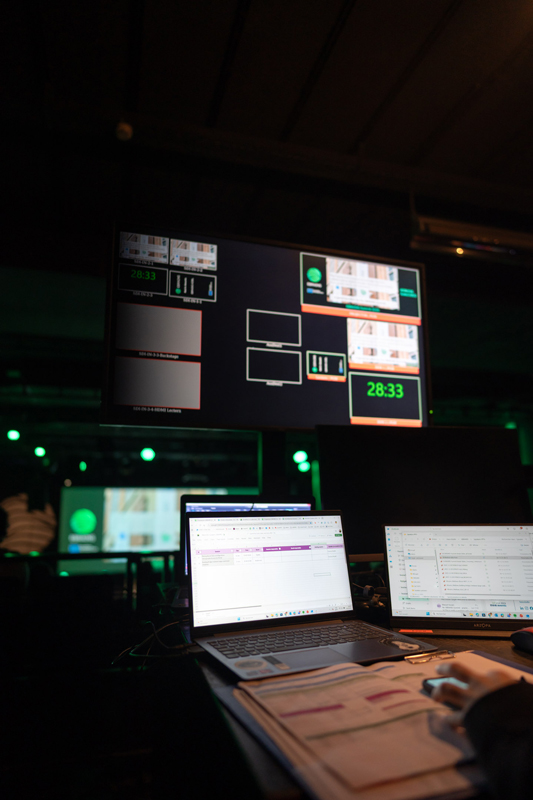How stakeholder mapping shapes event formats that work
How identifying key groups and their needs guides tone, format and experience
Before timelines, formats or floor plans, successful event design must start with the people. Understanding who’s in the room is what shapes everything that follows.
We map out the key groups involved, not just by role or function, but by what they need, what they value, and how they interact. Knowing who’s coming, what they hope to gain, and what might get in their way helps us make design decisions with purpose.
Tone comes first. Are we building something that invites reflection, sparks momentum, or builds trust? Should it feel like a deep dive, a celebration, a catalyst? When we understand the people, we identify the right tone, and with it, the right kind of energy.
From there, we look at format. Does the group thrive in open dialogue, or do they need structure to feel safe contributing? Should there be space for spontaneity or carefully timed transitions? Mapping the audience helps us shape the day in a way that feels intuitive and natural.
Finally, experience. Once we understand how people need to connect and move through the event, we can craft the moments that matter: when people arrive, how they meet, how ideas land, how energy flows, and how the space holds it all.
It’s not about designing for an audience—it’s about designing with their needs in mind, from the start. Audience mapping isn’t a step in the process. It’s the ground the entire event is built on.
If you're looking for a partner that can help your team design an event that will leave your audience feeling seen and heard, haca.studio is ready for you.
Conclusion
Read more
Discover more of our journals, a treasure trove of valuable insights, practical tips, and industry trends that will take your events to the next level.

.jpg)
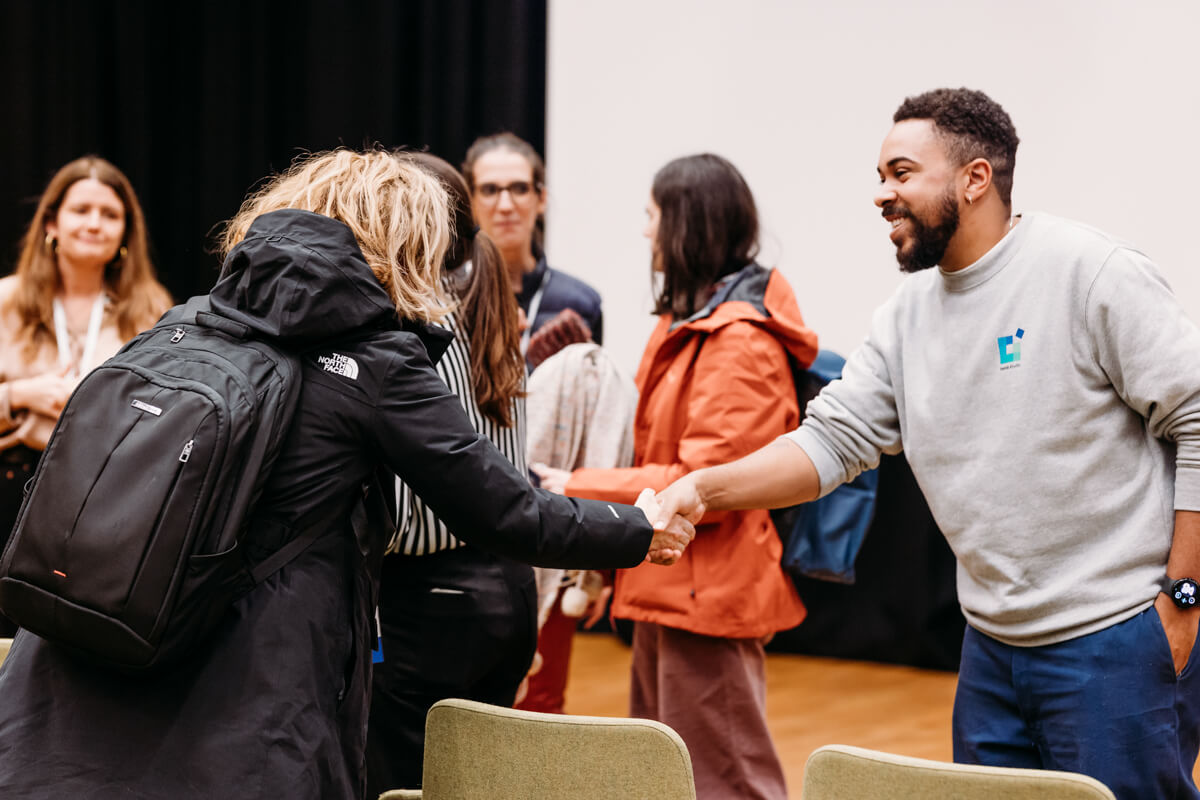
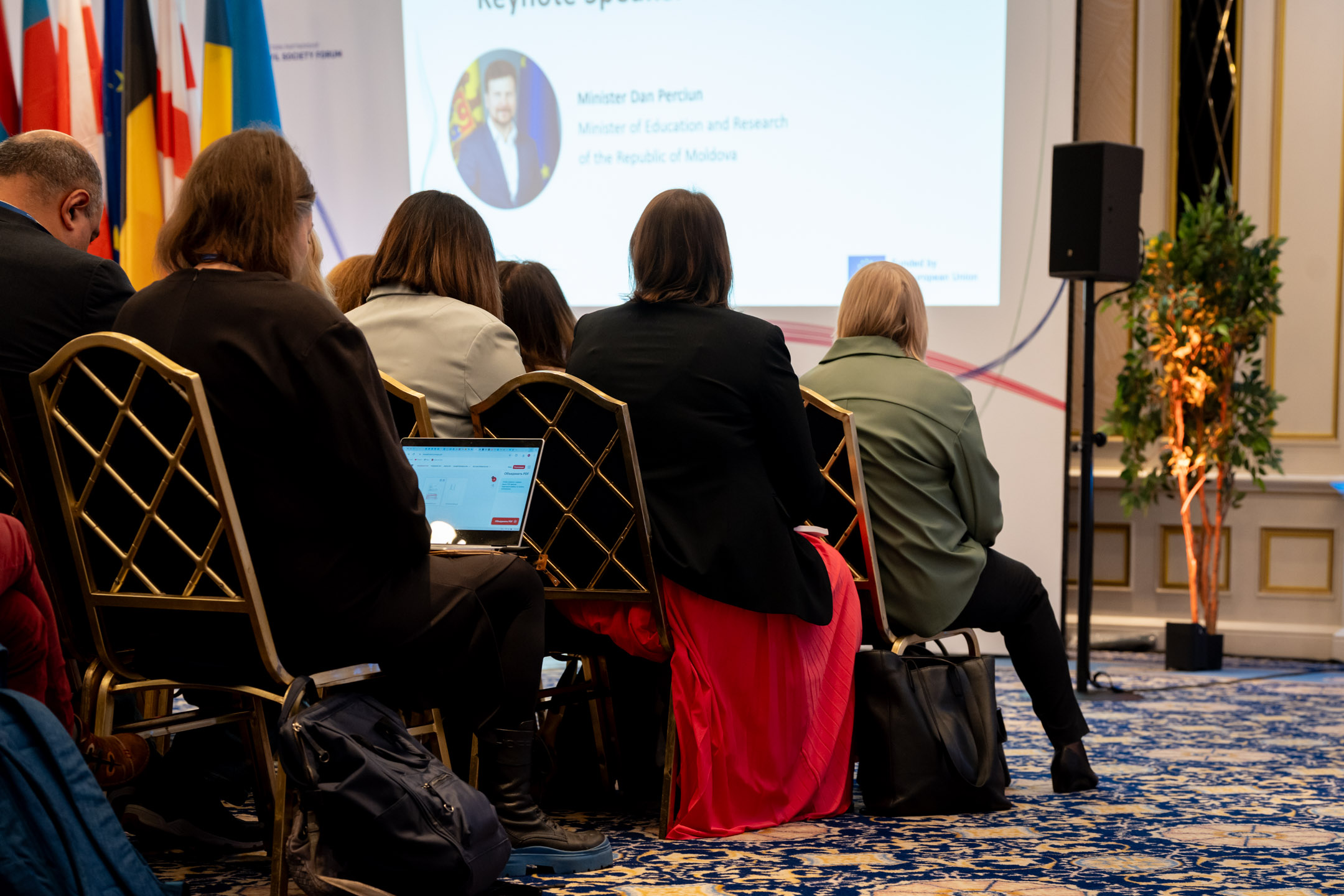

.jpg)
.jpg)

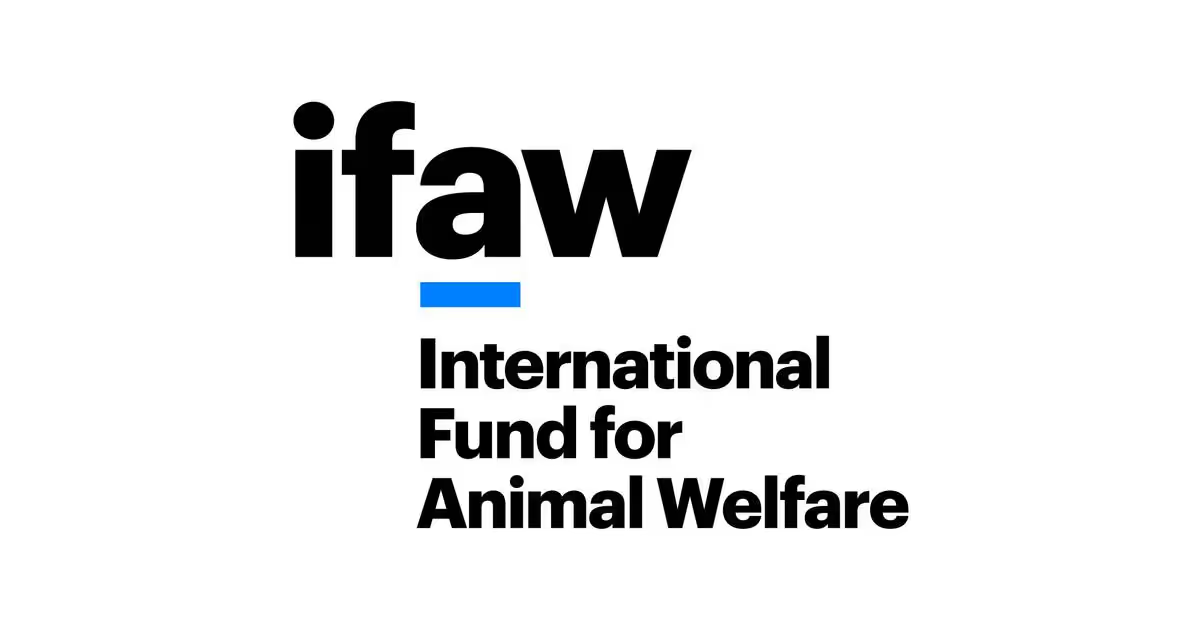
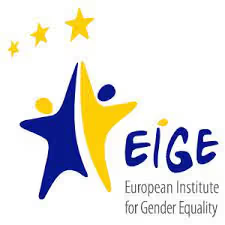
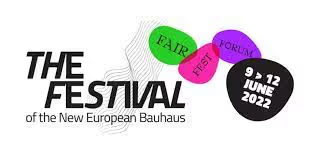


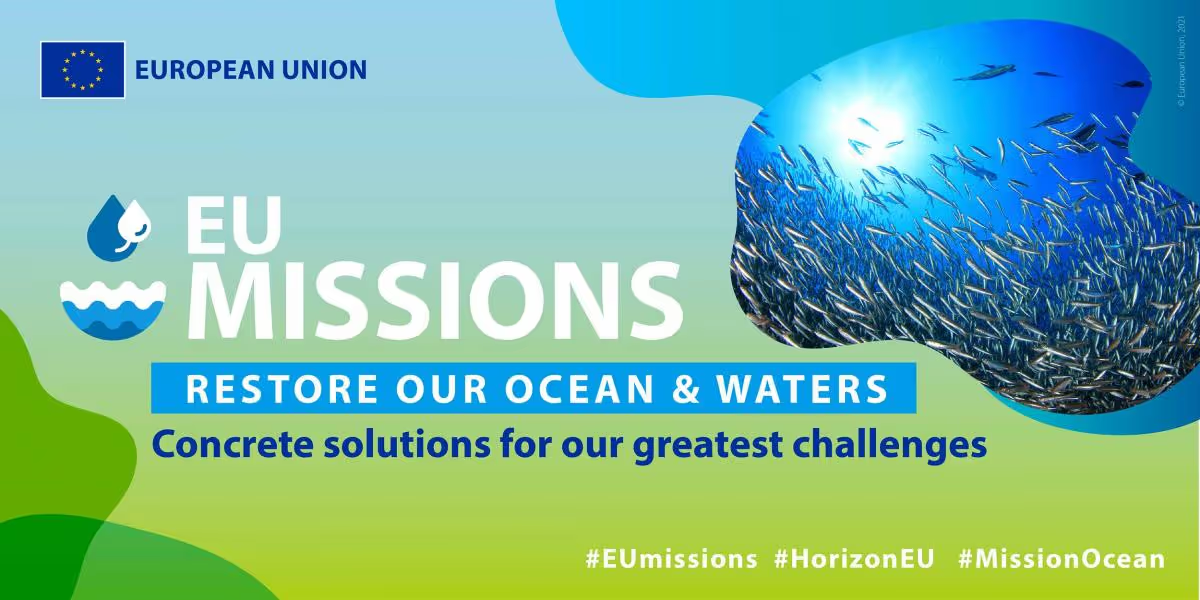

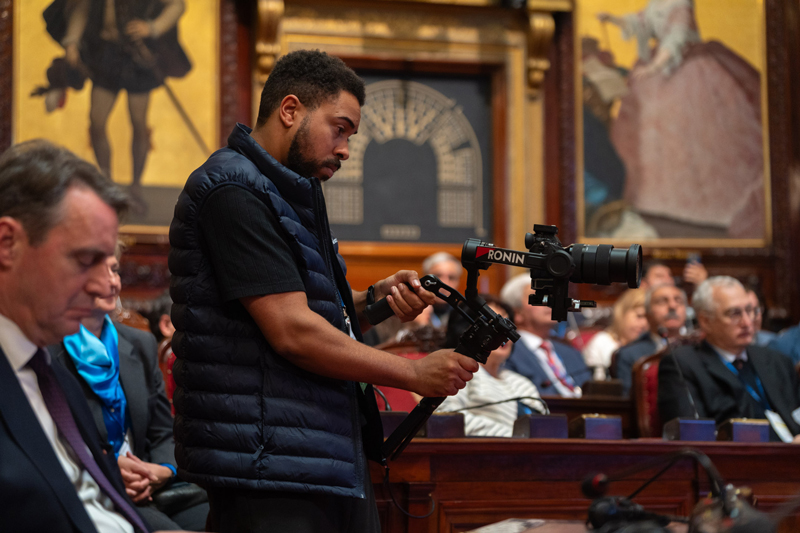

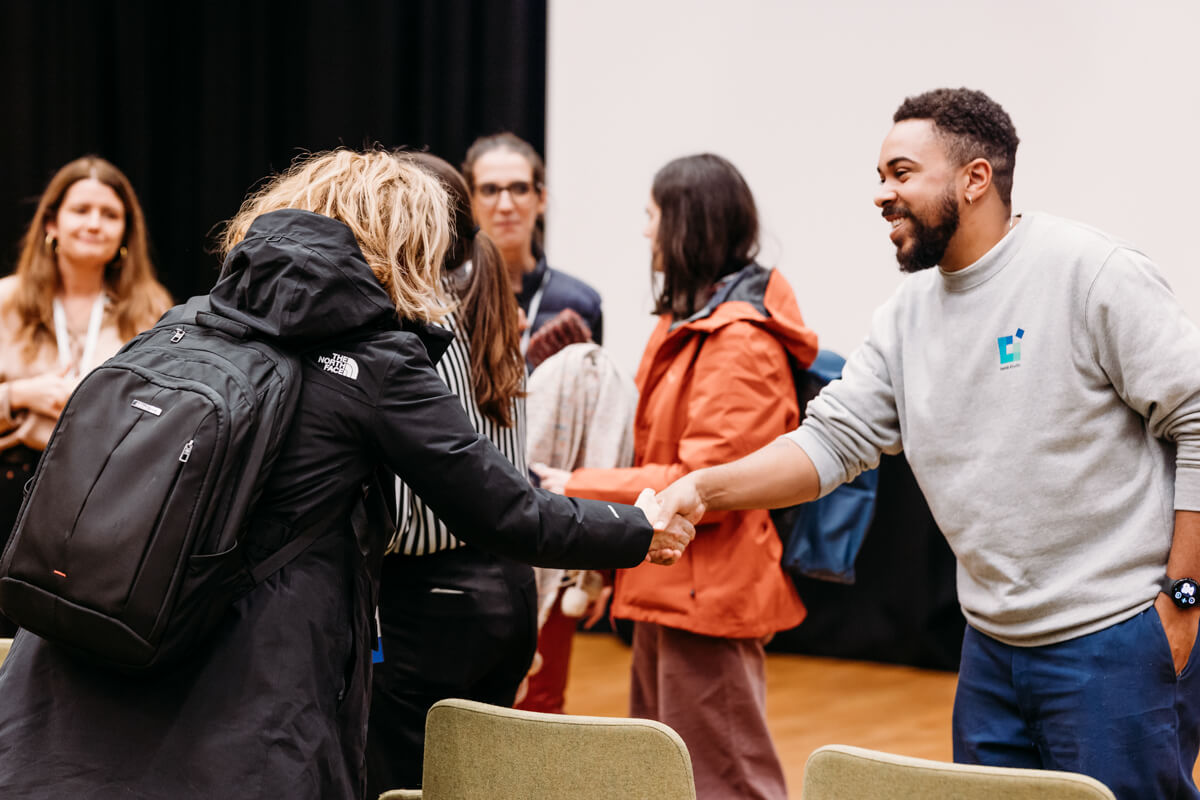
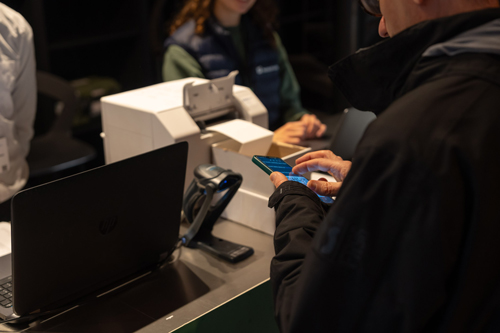

.avif)
